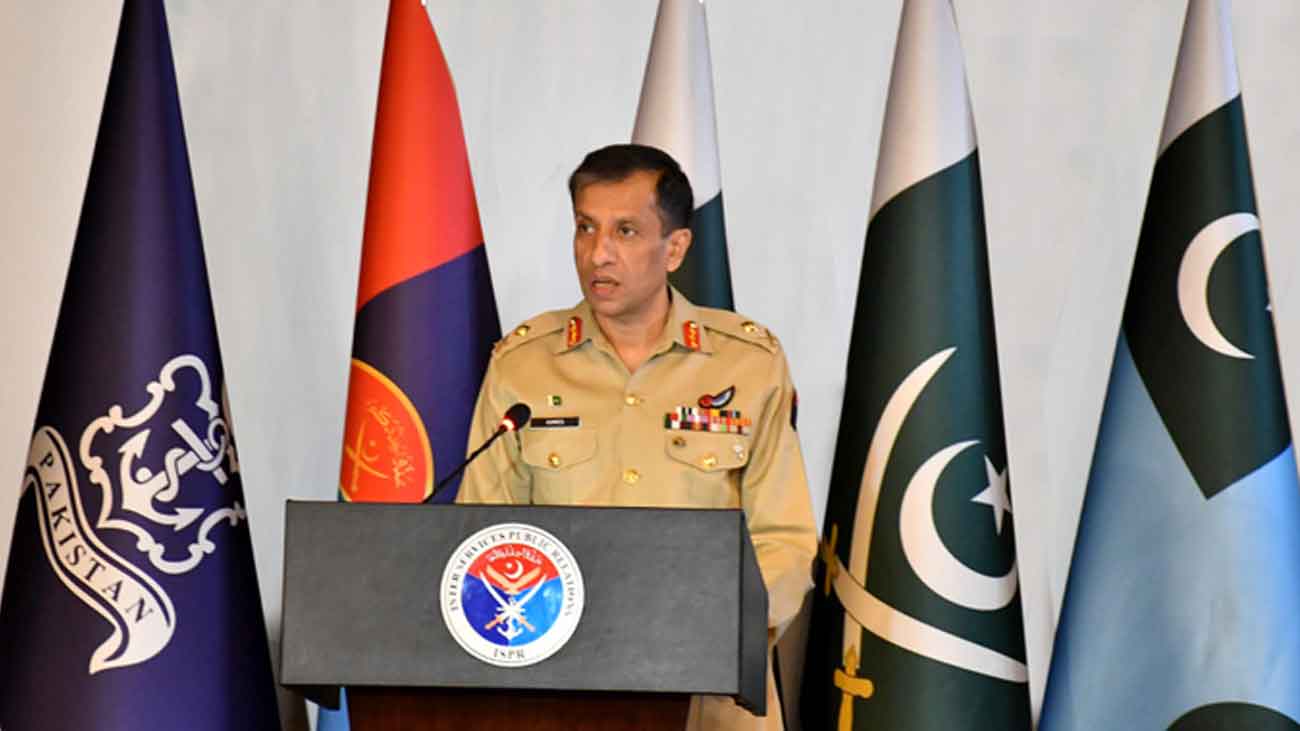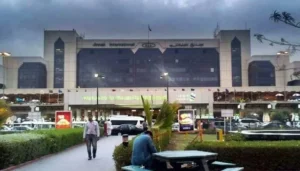Strong evidence of terrorism in Pakistan with links to India has been uncovered in Jhelum.
RAWALPINDI:
In a strong rebuttal to recent accusations, the ISPR dismissed Indian claims regarding alleged activities in Pahalgam, stating that after 7 days of media noise, countless allegations have surfaced — yet not a single piece of credible evidence has been presented.
Director General Inter-Services Public Relations (DG ISPR), Lieutenant General Ahmed Sharif Chaudhry, addressed a crucial press conference where he not only dismissed India’s accusations as baseless but also presented evidence of India’s involvement in sponsoring terrorism within Pakistan, especially in Balochistan.
“It has been seven days since the Pahalgam incident, yet India has provided no credible evidence to support its claims against Pakistan,” he stated, further accusing India of nurturing and operating terrorist networks on Pakistani soil.
The ISPR chief disclosed that on April 25, security forces arrested a suspect near the Jhelum bus stand — identified as Abdul Majeed, allegedly trained in India. A drone, an improvised explosive device (IED), and Rs. 25,000 in cash were recovered from his possession.
Chaudhry emphasized that India continues to spread misinformation without investigation, fueling tensions and attempting to deflect international scrutiny.
The attack in Indian Illegally Occupied Jammu and Kashmir (IIOJK), which killed 26 people — most of them tourists — was quickly pinned on Pakistan by Indian authorities, despite offering no supporting evidence.
Tensions escalated as India announced the suspension of the 1960 Indus Waters Treaty, closure of the Attari and Wagah borders, cancellation of SAARC visa exemptions for Pakistanis, and the recall of all its defense attachés from Islamabad. It also demanded a reduction in Pakistan’s diplomatic staff and asked military officials at the Pakistani High Commission in New Delhi to leave within a week.
In response, Pakistan shut down its airspace to Indian flights and convened a National Security Committee (NSC) meeting, chaired by Prime Minister Shehbaz Sharif, to review the situation.
The NSC reaffirmed that the Indus Waters Treaty is a binding international agreement brokered by the World Bank and includes no provision for unilateral suspension.
“Water is a vital national interest of Pakistan — a lifeline for its 240 million people — and its availability will be safeguarded at all costs,” the committee declared.
It warned that any attempt to block or divert Pakistan’s rightful share of water would be considered an act of war and would provoke a full-spectrum national response.


